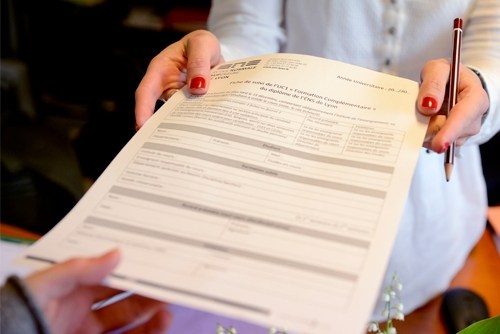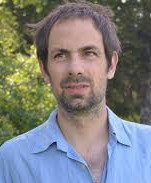Description du projet
One can attach certain complex analytic functions to algebraic varieties defined over the rational numbers, called Zeta functions. They are a vast generalization of Riemann’s zeta function. The Hasse-Weil conjecture predicts that these Zeta functions satisfy a functional equation and admit a meromorphic continuation to the whole complex plane. This follows from the conjectural Langlands program, which aims in particular at proving that Zeta functions of algebraic varieties are products of automorphic L-functions. Automorphic forms belong to the representation theory of reductive groups but certain automorphic forms actually appear in the cohomology of locally symmetric spaces, and in particular the cohomology of automorphic vector bundles over Shimura varieties. This is a bridge towards arithmetic geometry. There has been tremendous activity in this subject and the Hasse-Weil conjecture is known for proper smooth algebraic varieties over totally real number fields with regular Hodge numbers. This covers in particular the case of genus one curves. Nevertheless, lots of basic examples fail to have this regularity property : higher genus curves, Artin motives... The project HiCoShiVa is focused on this irregular situation. On the Shimura Variety side we will have to deal with higher cohomology groups and torsion. The main innovation of the project is to construct p-adic variations of the coherent cohomology. We are able to consider higher coherent cohomology classes, while previous works in this area have been concerned with degree 0 cohomology. The applications will be the construction of automorphic Galois representations, the modularity of irregular motives and new cases of the Hasse-Weil conjecture, and the construction of p-adic L-functions.
Financement ERC :
1 288 750 €
Durée :
1er février 2019 au 31 janvier 2024
ERC Consolidator Grant
Les subventions ERC Consolidator Grant sont destinées aux chercheurs possédant entre 7 à 12 ans d’expérience depuis l’obtention de leur doctorat. Les recherches doivent être menées dans un institut de recherche public ou privé situé dans un État membre de l’UE ou un pays associé. La durée de la bourse est de 5 ans et les critères de sélection sont l'excellence scientifique du projet et du chercheur qui le porte. Ce dernier doit faire preuve de son indépendance scientifique et de sa capacité à assumer la gestion de son projet.
Discipline(s)
Mots clés








 Vincent Pilloni
Vincent Pilloni